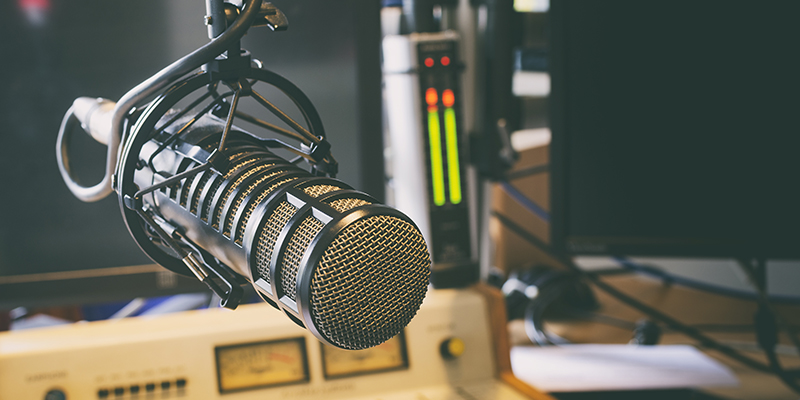Research project
Plagiarism podcast
- Start date: 1 September 2023
- End date: 1 September 2025
- Principal investigator: Dr Antonio Rodriguez-Gil
- Co-investigators: Dr Jennie Robinson

Description
The rise of online exams after the coronavirus pandemic has renewed interest in academic integrity literacy of Higher Education students (Thomas et al., 2022, Ives and Cazan, 2023). This project aims to explore how new communication tools, in this case a podcast, can contribute to improving understanding of academic integrity issues among a diverse body of students in a UK University.
Research overview
The podcast presents some of the most common offences observed in the Academic Misconduct Panel of Leeds University Business School. It uses University of Leeds regulation to explain offences and provides guidance to students on how to avoid them in upcoming assessments.
We aim to assess whether this initiative can improve students' literacy on academic integrity in a diverse student body. (See Eaton (2019, 2021) for a review of existing knowledge in this field.) We propose to do this by collecting students’ feedback on the initiative, as well as data on offence rates, or the proportion of students reported to the Academic Misconduct procedure. (Stoesz and Yudintseva (2018) provide a survey of previous similar interventions.)
Podcast
Each of the podcast episodes in this project can be found below:
- Episode 1a. Good academic practice at the University of Leeds: What is plagiarism? Why is it important? Can I use Artificial Intelligence?
- Episode 1b. Self-plagiarism: Did you know that you can plagiarise yourself?
- Episode 2. Collusion (Accidental & Intended): Are you preparing a piece of work with a classmate? Can you commit plagiarism involuntarily?
- Episode 3. Using detection websites: I found a website that gives me a matching score, should I use it?
- Episode 4. Usual Academic Integrity mistakes in Online exams: How should I reference during online exams?
Bibliography
- Eaton SE. (2019). Exploring the notion of academic integrity literacy. Learning, Teaching and Leadership: A Blog for Educators, Researchers and Other Thinkers. https://drsaraheaton.wordpress.com/2019/03/16/exploring-the-notion-of-academic-integrity-literacy/.
- Eaton SE (2021) Academic integrity and literacy. In: Hunt L, Chalmers D (Eds.), University Teaching in Focus. Routledge. pp 163–178. https://doi.org/10.4324/9781003008330-9, https://www.taylorfrancis.com/chapters/edit/10.4324/9781003008330-9/academic-integrity-literacy-sarah-elaine-eaton
- Ives B, Cazan AM. (2023) Did the COVID-19 pandemic lead to an increase in academic misconduct in higher education? High Educ (Dordr). Jan 21:1-19. doi: 10.1007/s10734-023-00996-z00996-z. Epub ahead of print. PMID: 36713136; PMCID: PMC9860225.
- Thomas, M., Dubre V., Elliott K., Escareno J, Fagan MH, Standridge E., and Lieneck C. (2022). "COVID-19 Academic Integrity Violations and Trends: A Rapid Review" Education Sciences 12, no. 12: 901. https://doi.org/10.3390/educsci12120901
- Stoesz, B.M., Yudintseva, A. Effectiveness of tutorials for promoting educational integrity: a synthesis paper. Int J Educ Integr 14, 6 (2018). https://doi.org/10.1007/s40979-018-0030-0

